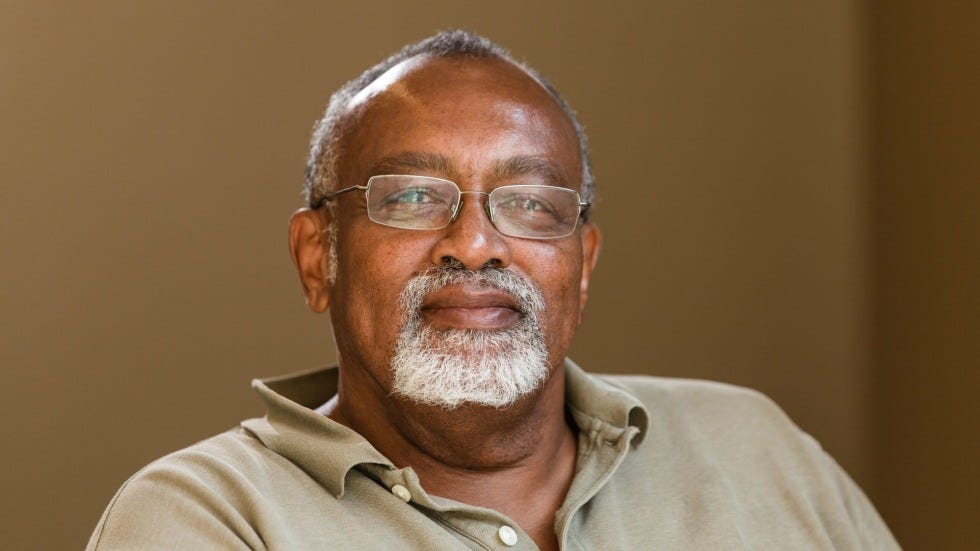“A contrarian isn’t one who always objects—that’s a conformist of a different sort. A contrarian reasons independently, from the ground up, and resists pressure to conform.” — Naval Ravikant
Contrarianism is the act of opposing popular or mainstream beliefs, not for the sake of being contrary, but from a place of intellectual independence. It involves questioning widely accepted ideas, challenging societal or group norms, and thinking critically about issues even when those perspectives are unpopular. While it’s often confused with simply disagreeing for the sake of disagreement, contrarianism is far more nuanced. It’s about thoughtfully considering different angles and refusing to accept ideas just because they are conventional.
To be a contrarian is to be an independent thinker, evaluating arguments on their merits and being willing to challenge prevailing assumptions. Contrarians are not driven by simple opposition but by the desire to understand things more deeply, free from the constraints of groupthink. Independent thinking is not just about being different; it’s about being intellectually honest, grounded in evidence and reason.
Famous intellectual contrarians have included Socrates, Galileo, Charles Darwin, Thomas Kuhn, Thomas Paine, Noam Chomsky, Kurt Godel, and Christopher Hitchens.

.
These quotes capture the essence of contrarianism:
“The opposite of a correct statement is a false statement. But the opposite of a profound truth may well be another profound truth.” — Niels Bohr
“Whenever you find yourself on the side of the majority, it is time to pause and reflect.” — Mark Twain
“The true sign of intelligence is not knowledge but imagination.” — Albert Einstein
“I am not an Athenian or a Greek, but a citizen of the world.” — Socrates
“I want to defend society and its inhabitants from all ideologies, science included. All ideologies must be seen in perspective. One must not take them too seriously. One must read them like fairy-tales which have lots of interesting things to say but which also contain wicked lies, or like ethical prescriptions which may be useful rules of thumb but which are deadly when followed to the letter.”— Paul Feyerabend
In a world that increasingly values conformity, contrarianism offers a vital path to intellectual freedom and progress. By embracing the contrarian mindset, we not only refine our understanding of the world but also ensure that ideas continue to evolve in the face of new evidence and changing perspectives.
.





When I see everyone heading off in one direction, I wonder if they've got it right. My nature is to challenge it--to question it. It's not that I automatically oppose it, but I'm suspicious.
The greater risk is from those who simply disagree for the sake of disagreement. We see this when Trump supporters speak of all the Biden administration failures as if speaking it makes it so. When asked for specifics the response is simply everyone knows. Often they can't share a single failure or crime. Is a failure to acknowledge discernable facts also considered contrarianism?